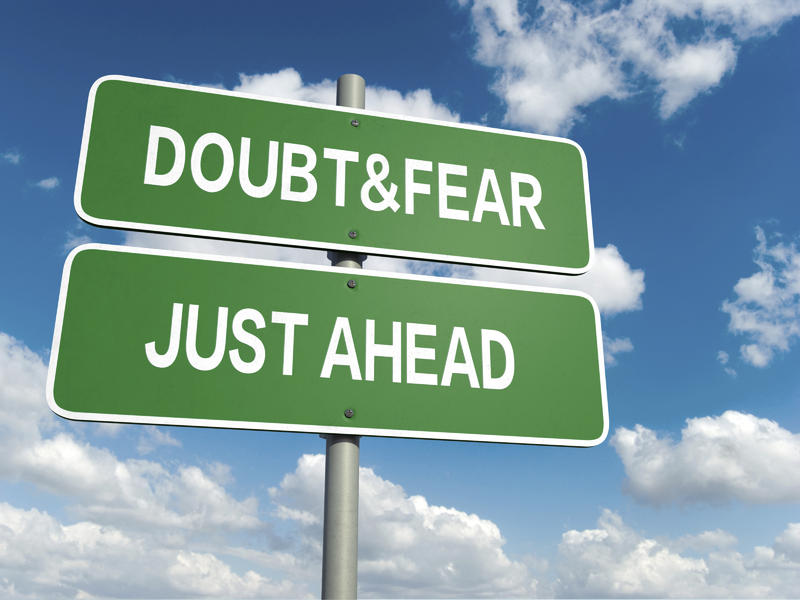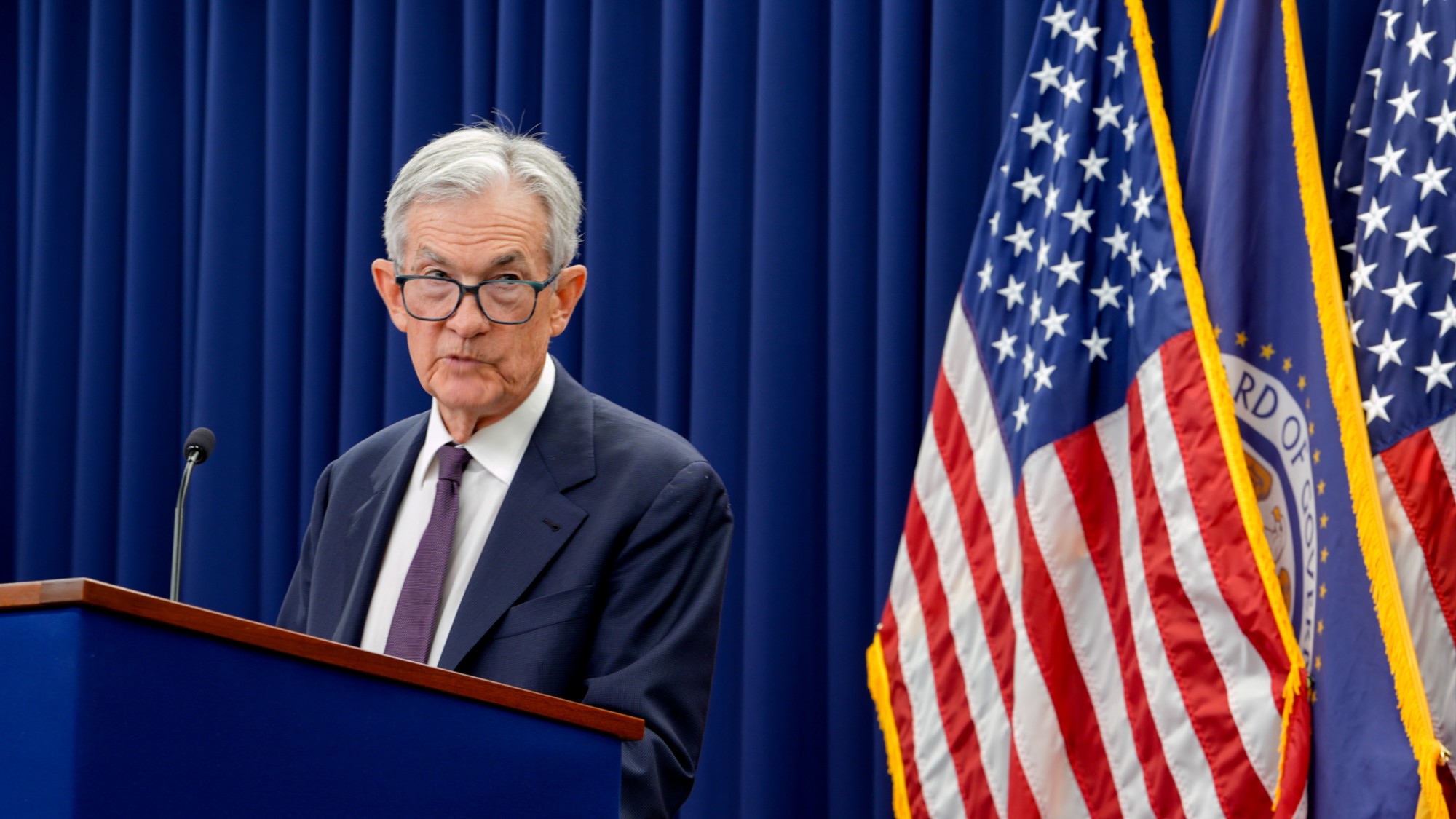Study: Millennials are more skeptical of government than previous generations


A free daily email with the biggest news stories of the day – and the best features from TheWeek.com
You are now subscribed
Your newsletter sign-up was successful
New research suggests that millennials are more skeptical of U.S. institutions, including the government and the media, than were previous generations.
The study, which will be published this month in the journal Psychological Science, found that young people's trust levels "hit an all-time low in 2012," according to The Associated Press. Jean Twenge, the study's lead author, suggests that events like mass shootings, the Great Recession, and sex scandals in the church may contribute to millennials' negative opinion of various institutions. The study looked at the country's General Social Survey and the University of Michigan's "Monitoring the Future" survey, which polls roughly 140,000 high school seniors each year.
In 2012, 16 percent of high school seniors surveyed agreed with the statement that "most people can be trusted." Eighteen percent of high school seniors agreed with the statement in the early 1990s, and roughly a third of high school seniors agreed with the statement in the mid-1970s.
The Week
Escape your echo chamber. Get the facts behind the news, plus analysis from multiple perspectives.

Sign up for The Week's Free Newsletters
From our morning news briefing to a weekly Good News Newsletter, get the best of The Week delivered directly to your inbox.
From our morning news briefing to a weekly Good News Newsletter, get the best of The Week delivered directly to your inbox.
In addition to the general statement about "most people," millennial approval of institutions, including Congress, the media, and various religious groups, decreased at a greater rate than in other generations, which the University of Georgia researchers attribute, at least in part, to the Sept. 11 attacks. From 2010 to 2012, only 22 percent of high school seniors thought Congress was doing a "good" or "very good" job, while 49 percent of high school seniors said the same from 2000 to 2002.
A free daily email with the biggest news stories of the day – and the best features from TheWeek.com
Meghan DeMaria is a staff writer at TheWeek.com. She has previously worked for USA Today and Marie Claire.
-
 Buddhist monks’ US walk for peace
Buddhist monks’ US walk for peaceUnder the Radar Crowds have turned out on the roads from California to Washington and ‘millions are finding hope in their journey’
-
 American universities are losing ground to their foreign counterparts
American universities are losing ground to their foreign counterpartsThe Explainer While Harvard is still near the top, other colleges have slipped
-
 How to navigate dating apps to find ‘the one’
How to navigate dating apps to find ‘the one’The Week Recommends Put an end to endless swiping and make real romantic connections
-
 Judge rejects California’s ICE mask ban, OKs ID law
Judge rejects California’s ICE mask ban, OKs ID lawSpeed Read Federal law enforcement agents can wear masks but must display clear identification
-
 Lawmakers say Epstein files implicate 6 more men
Lawmakers say Epstein files implicate 6 more menSpeed Read The Trump department apparently blacked out the names of several people who should have been identified
-
 Japan’s Takaichi cements power with snap election win
Japan’s Takaichi cements power with snap election winSpeed Read President Donald Trump congratulated the conservative prime minister
-
 Trump sues IRS for $10B over tax record leaks
Trump sues IRS for $10B over tax record leaksSpeed Read The president is claiming ‘reputational and financial harm’ from leaks of his tax information between 2018 and 2020
-
 Trump, Senate Democrats reach DHS funding deal
Trump, Senate Democrats reach DHS funding dealSpeed Read The deal will fund most of the government through September and the Department of Homeland Security for two weeks
-
 Fed holds rates steady, bucking Trump pressure
Fed holds rates steady, bucking Trump pressureSpeed Read The Federal Reserve voted to keep its benchmark interest rate unchanged
-
 Judge slams ICE violations amid growing backlash
Judge slams ICE violations amid growing backlashSpeed Read ‘ICE is not a law unto itself,’ said a federal judge after the agency violated at least 96 court orders
-
 Rep. Ilhan Omar attacked with unknown liquid
Rep. Ilhan Omar attacked with unknown liquidSpeed Read This ‘small agitator isn’t going to intimidate me from doing my work’
